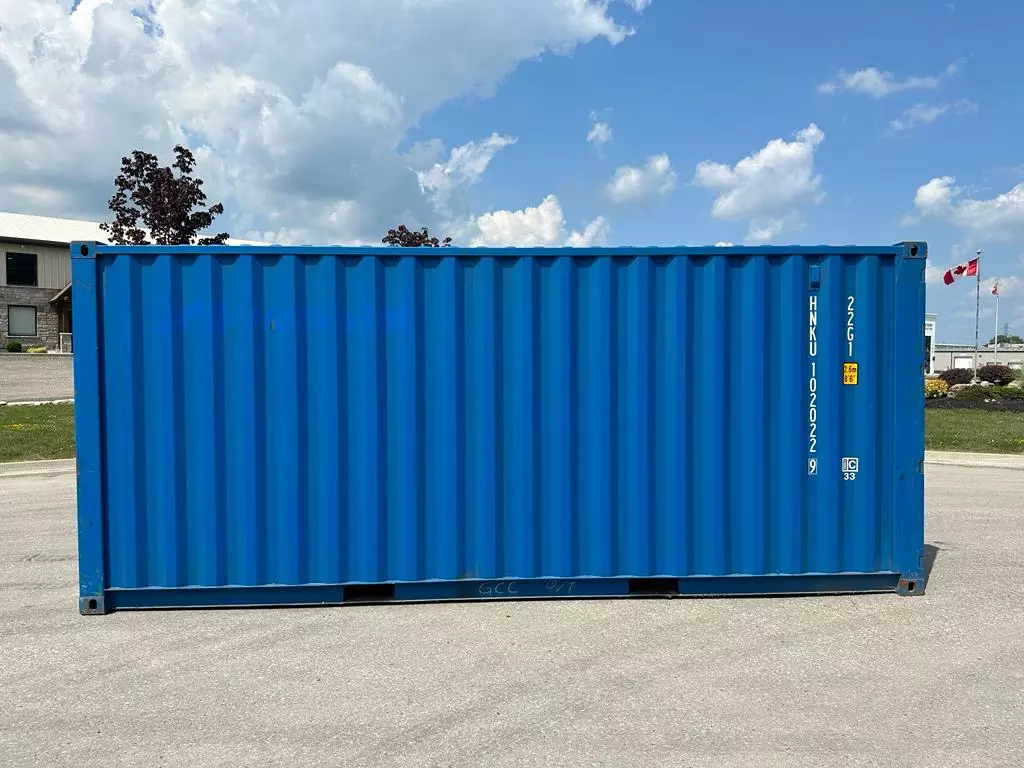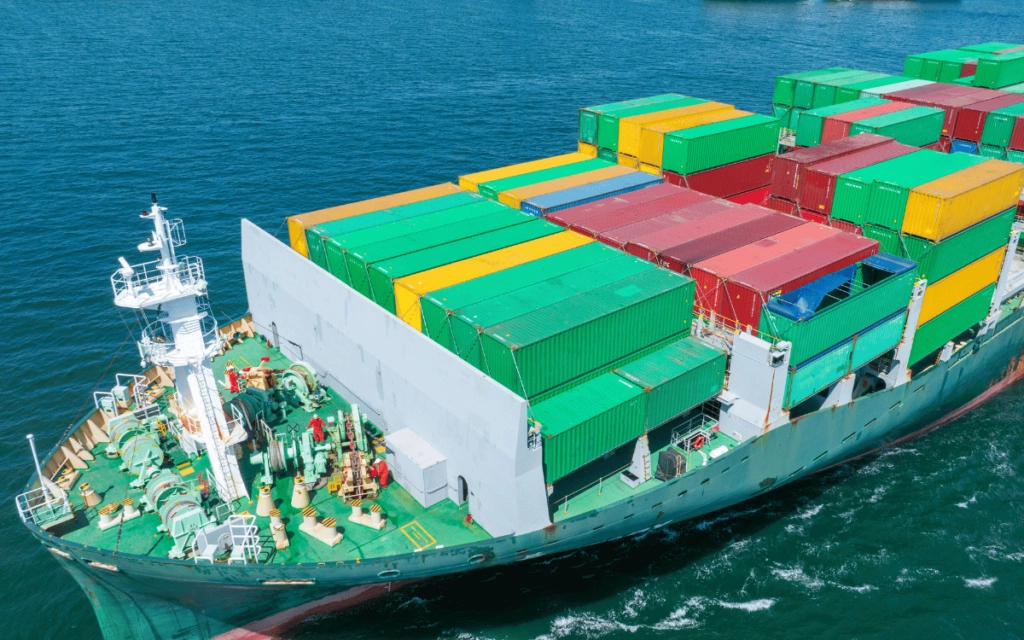Discover how Storage-Tech.ca simplifies global trade, reducing costs and complexity.
Navigating the complexities of global trade and supply chain management demands innovative solutions. Among these, containerization emerges as a pivotal strategy, transforming the landscape of logistics and transportation. Let’s delve into the essence of containerization, addressing common pain points in the industry and illustrating how this method not only overcomes these challenges but also propels businesses forward in an increasingly competitive global market.

Understanding Containerisation's Role
At its core, containerisation is a method of transporting freight using large, standardized containers. Its inception marked a revolution in sea shipping, significantly reducing the costs and complexities associated with moving goods globally. But what makes containerisation so transformative for globalization and supply chain management? It’s the simplicity, efficiency, and security it introduces to freight transport.
Addressing Pain Points with Containerisation
1. Cutting Transportation and Logistics Costs
One of the most pressing challenges for businesses engaged in international trade is managing high transportation and logistics costs. Containerisation addresses this directly by standardizing freight sizes, which streamlines the shipping process, reduces handling costs, and optimizes cargo space. By employing containerisation, businesses can see a marked decrease in their logistics expenses, making global trade more accessible and affordable.
2. Simplifying Supply Chain Complexity
The global supply chain is a labyrinth of processes, from manufacturing to delivery. Containerization simplifies these complexities by offering a unified, efficient method of transporting goods. This standardization means fewer logistical hurdles and smoother transitions between different transportation modes, from ship to rail to truck. The result? A more streamlined, manageable, and efficient supply chain.
3. Enhancing Security and Reducing Risk
Security concerns, including the risk of theft, loss, or damage, are paramount in the logistics industry. Containerization provides a robust solution to these issues. The design of shipping containers themselves—durable, sealable, and difficult to breach—naturally enhances the security of the freight they carry. This inherent security feature of containerized shipping offers peace of mind and reduces the financial risks associated with cargo transportation.
4. Promoting Environmental Sustainability
In today’s world, sustainability is not just a buzzword but a crucial business consideration. The efficiency of containerization plays a significant role in reducing the carbon footprint of global trade. By optimizing cargo space and reducing the need for multiple trips, containerization contributes to lower fuel consumption and reduced greenhouse gas emissions, aligning with the environmental goals of many businesses.

The Transformative Impact of Containerisation
The benefits of containerisation extend beyond addressing logistical pain points. Its role in the global economy is profound, facilitating international trade, stimulating economic growth, and promoting global connectivity. Containerisation has not only made the world smaller but also more accessible, opening up markets and opportunities that were once beyond reach.
Leveraging Containerisation for Your Business
Understanding the advantages of containerization is just the beginning. Implementing this strategy within your own logistics and supply chain operations can unlock potential efficiencies, cost savings, and competitive advantages. Whether you’re looking to expand your global reach, streamline your supply chain, enhance cargo security, or commit to sustainability, containerization offers a path forward.
FAQs: Unpacking Containerization Further
To demystify containerisation further, let’s address some common questions:
How does containerisation reduce logistics costs? By standardizing cargo sizes, improving loading efficiency, and reducing handling requirements.
Can containerization simplify my supply chain?
Yes, through its efficiency and ease of integration into different transportation modes.
Is containerized shipping secure?
Absolutely, thanks to the durable construction and sealable nature of containers.
How does containerization support sustainability?
Through optimized space usage and reduced fuel consumption, leading to lower emissions.
Transform Your Supply Chain Today
Recognizing the value of containerization is the first step; the next is to incorporate this strategy into your logistics operations. By doing so, you can navigate the complexities of global trade more efficiently, securely, and sustainably. Whether you’re a seasoned player in international markets or looking to expand your global footprint, containerization offers a robust framework to support your logistics and supply chain needs.
In conclusion, containerization is not just a logistical method; it’s a strategic tool that addresses fundamental challenges in global trade and supply chain management. By adopting containerization, businesses can overcome significant hurdles, positioning themselves for success in the global marketplace. The path to transforming your supply chain begins with understanding the power of containerization and taking the steps to leverage its benefits for your operations. Let’s embrace this transformative approach and unlock the full potential of our global trade and supply chain strategies.
Contact Storage-Tech
For more information on how we can assist with your storage needs, using the principles of the square packing problem to maximize efficiency, please reach out to us.
Email: info@storage-tech.ca
Phone: 1.833.590.4357
We’re here to assist you and answer any questions you may have. Feel free to reach out to us for personalized assistance and expert guidance.



